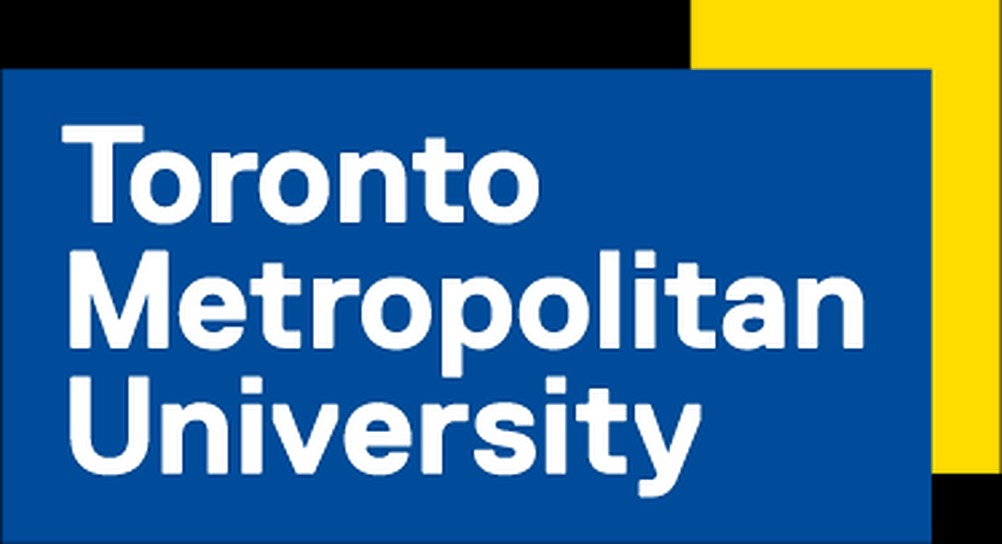Toronto Metropolitan University: International students build skills for post-secondary education at the English Language Institute
Nadiia Ponych is hoping to become a well-known lawyer so she can leverage something she’s really good at – arguing.
Ponych is completing the ESL foundation program at TMU’s English Language Institute (ELI), which helps international students meet the language requirements for TMU’s undergraduate programs. She will begin her undergraduate degree in politics and governance in January.
Out of the 37 students in the program, 23 will be starting undergraduate programs in January and the rest will be completing their English language education in the new year. The programs range from eight weeks to 40, depending on the student’s English proficiency.
“When I first came to Canada, I was really worried about my English skills,” said Ponych. “The ELI program was beneficial because I not only improved my English but I also gained so much knowledge about academic integrity and academic writing.”
In the new year, Ponych is hoping to make new friends in her TMU classes and stay in touch with her fellow ELI classmates. Although the commute is long from her aunt and uncle’s place in Vaughan, she plans to spend time exploring the campus and taking in the sights and sounds of downtown Toronto.
On December 2, Ponych attended a hackathon-style event called “SDG solutions day”, which was hosted by ELI. Students were challenged to develop solutions to address one of the 17 United Nations’ sustainable development goals, external link (SDG). Participants looked at how they would reduce inequality with $10,000 by facilitating workshops, building websites, hosting conferences and creating organizations. All solutions were focused on reducing inequality across different areas such as poverty, unemployment and discrimination.
“This event was an experiential learning opportunity that helped students prepare academically and socially to be part of TMU’s undergraduate community,” said Ryan Doherty, student transition and engagement coordinator at ELI. “It was a chance for students to put their writing, presentation and critical thinking skills to use.”
Last summer, ELI launched a revamped curriculum focused on the UN’s SDGs, led by Violetta Cupial, the academic project manager and an expert in the field of curriculum development and innovation. For the first time, students are developing their reading, writing and speaking skills through the lens of sustainable goals, which include poverty reduction, quality education, gender equality and responsible consumption.
“Our goal is to prepare our international students to be global citizens engaged in building a sustainable social, economic and environmental future for generations to come,” said Sally Abu Sabaa, associate director, student success and program innovation at ELI. “As educators, we play a big role in making this happen by designing academic and experiential learning programs and hands-on opportunities that create an immersive experience for our students.”
Student Sadra Hosseini was part of the winning team at SDG solutions day by creating an organization dedicated to hosting workshops, courses and school visits focused on promoting inclusion. The team’s proposal set goals to increase public awareness of discrimination, advocate for policy change, and directly help people.
Hosseini came to Canada in March from Iran and followed in the footsteps of his sister who completed the ELI program three years ago. His sister is currently studying biology at TMU.
“I came to Canada to explore better economic and educational opportunities,” said Hosseini, who will begin the TMU computer science program in January. “It was a dream of mine to live and travel abroad, and TMU has offered me that chance.”

